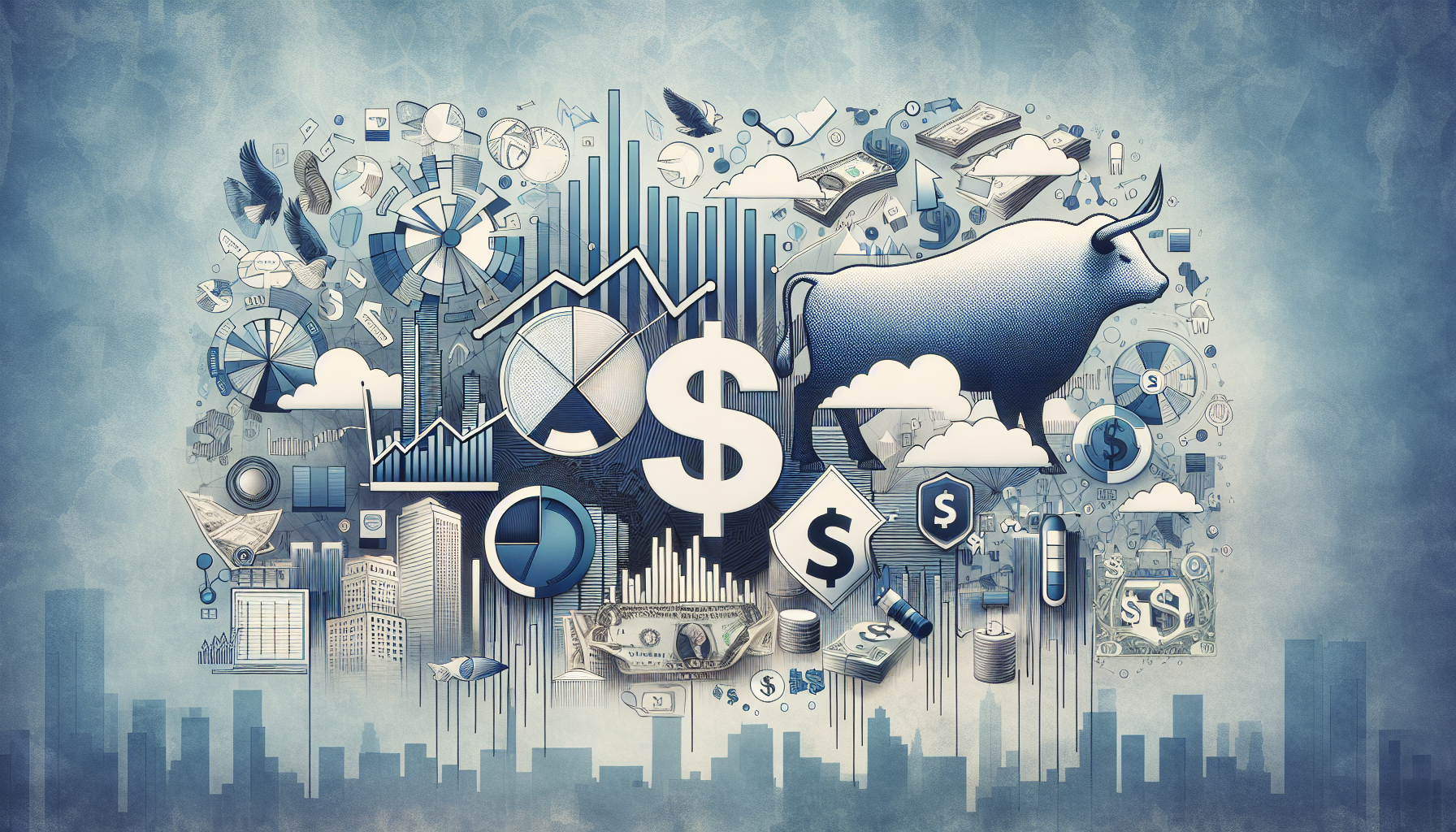
tl;dr
The latest round of Trump's tariff updates exempts specific technology devices such as smartphones, laptops, and semiconductor machines from reciprocal tariffs imposed by the U.S. China's Ministry of Commerce criticized the U.S. tariffs and called for a return to mutual respect and equal dialogue. T...
The latest round of Trump's tariff updates exempts specific technology devices such as smartphones, laptops, and semiconductor machines from reciprocal tariffs imposed by the U.S. China's Ministry of Commerce criticized the U.S. tariffs and called for a return to mutual respect and equal dialogue. The exemption provides temporary relief to tech companies like Apple, which manufactures most of its products in China. Despite the exemption, Apple still faces challenges in diversifying its manufacturing. The news led to a favorable reaction in crypto markets, with Bitcoin reaching $86,000 for the first time since April 2. At the time of reporting, Bitcoin is down 2.43% over the past 24 hours, with a market cap of $1.66 trillion and a 24-hour trading volume of $28.38 billion. The total crypto market is valued at $2.64 trillion with a 24-hour volume of $75.32 billion, and Bitcoin dominance is at 62.64%.
In the latest round of the Trump tariff saga, the U.S. released updated guidelines exempting specific technology devices such as laptops, smartphones, and machines needed to make semiconductors from reciprocal tariffs. The new tariff guidelines exclude a range of electronics, including laptops, semiconductors, solar cells, flat-panel displays, flash drives, memory cards, and solid-state drives. China’s Ministry of Commerce called the exemptions “a small step by the U.S. towards rectifying the misguided approach of unilateral ‘reciprocal tariffs’” and added that Beijing was still reviewing its impact. The Ministry also repeated its heavy criticism of the U.S. tariffs, insisting that Washington was “severely disrupting the international economic and trade order” and “harming others without benefiting itself.”
The exemption provides temporary relief to companies like Apple, which manufactures over 90% of its products in China, including iPads and Mac computers. Without the exemptions, Apple may have had to increase the price of its U.S.-sold iPhones by up to 85% to maintain profit margins. Despite efforts to diversify manufacturing to countries like India and Vietnam, Apple’s dependency on China’s well-established ecosystem remains. Rebuilding its intricate supply chains elsewhere could take decades, and manufacturing iPhones entirely in the U.S. is impractical due to labor shortages and costs.
Meanwhile, crypto markets reacted favorably to the news, with Bitcoin reaching $86,000 for the first time since ‘Liberation Day’ on April 2. At the time of press, Bitcoin is down 2.43% over the past 24 hours, with a market cap of $1.66 trillion and a 24-hour trading volume of $28.38 billion. The total crypto market is valued at $2.64 trillion with a 24-hour volume of $75.32 billion, and Bitcoin dominance is at 62.64%.